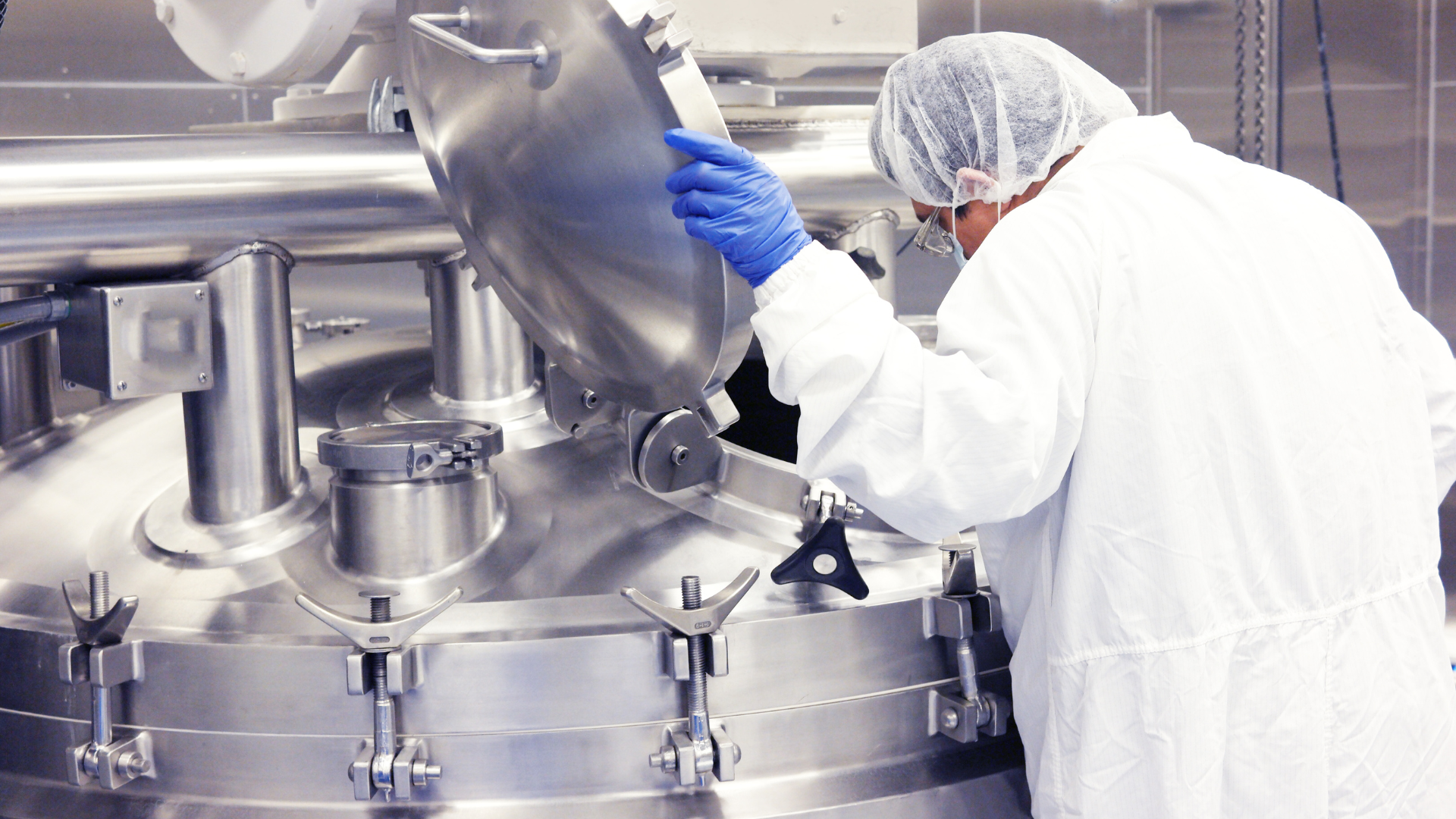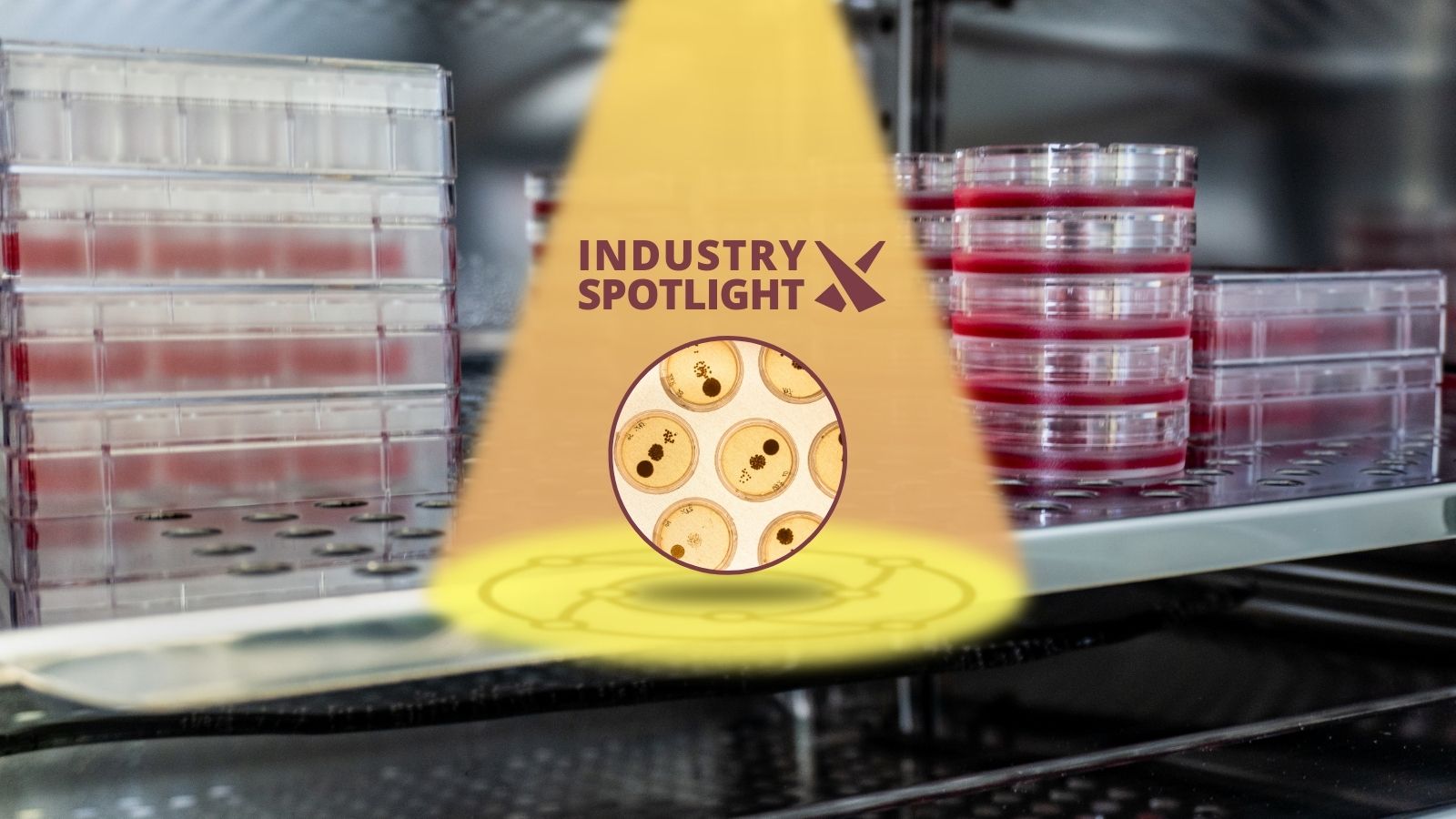Overcoming the Challenges in Cell Therapy Manufacturing


Udayanath Aich, Director at Bristol Myers Squibb, moderated the discussion. Bristol Myers Squibb is a global biopharmaceutical company committed to discovering, developing, and delivering innovative medicines to patients with serious diseases. Aich has extensive experience and management skills in analytical chemistry, and CMC analytical strategies for early, late, and commercial biologics. In addition, he is leading analytical control strategy for late-stage biologics and small molecules.

Joining Aich was Kelly Kemp, Senior Director of CMC at ViaCyte, a Vertex Company. ViaCyte is a regenerative medicine company focused on the discovery, development, and commercialisation of novel cell replacement therapies. As a leader in process development, Kemp has had the opportunity to optimise GMP processes for multiple cell-based therapies. Kemp has extensive experience in dissecting and characterising processes and subsequently working with cross-functional teams to implement improvements, which in turn benefit patients.
Drug Complexity is Ever Increasing
Kemp opened the discussion by talking about the current state of the cell therapeutic landscape. “As we've gone through development, starting with small molecules, to biologics such as proteins, and finally towards cells, the complexity has increased immensely.” She continued: “this is something that we need to tackle in our field, and hopefully collaborate to find the solutions as quickly as possible so we can get these therapies to market.”
Aich agreed and confirmed that the constantly evolving drug complexity is a priority of both the cell and gene therapy field and the biologics field. “There is a lot of connection between biologics and the small molecule space from the cell therapy side, which have tremendous value.”
Production Challenges for New Cell Therapies
A key topic of discussion included the difficulties of process and analytical development. As Kemp pointed out, “the process is the product, often with cell therapy.” Beginning process development as early as possible is necessary for ensuring an optimal developmental timeline and functional workflow. Strategies to achieve this could be to try and lock down the process during phase III production to coincide with the commercial production process to avoid having to perform clinical bridging studies to prove comparability.
However, this is easier said than done. One audience member spoke of the practically and relevantly short window of opportunity for this. “The reality is that a lot of these projects go by so quickly,” they explained. In cases where there are high unmet needs in a particular disease area, there may not even be a phase III available for development. “Ensuring early lockdown is an ideal scenario, but in a reality where everything is so accelerated, it often is not possible.”
- Looking into the Crystal Ball: The Future of Disruptive Cell and Gene Therapy Manufacturing
- AAV Manufacturing Using Osmolality
- Developing Meaningful Assays: Balancing Biological Significance and QC-Compatibility
Kemp responded by acknowledging that some processes will inevitably be less clearly defined due to external considerations but that the benefits of early development and characterisation are undeniable. Other challenges and solutions discussed covered developing scale-up technologies to meet forecast requirements, lowering analytical costs by developing relevant ex vivo methods, and reducing reliance on single external vendors via raw material improvements.
Analytical Development Strategies for Cellular Therapies
Conversation then turned to demonstrating process comparability with characterisation and control strategies. Aich explained that “the need to reliably demonstrate product comparability with process changes is no easy task.” Developing multiple test methods to identify predictive quality control attributes (CQAs) is one solution.
When asked by the audience how to go about selecting the most applicable methods for control strategies, Aich indicated the utility of adopting practises from the biologics domain. “Start from the very beginning,” he instructed. “Following the typical pathway of control strategies means you must take the raw materials and the instrumental parameters and put them through a process testing software.”
"The need to reliably demonstrate product comparability with process changes is no easy task.”
Once the end drug product testing is complete, relevant stability, extended characterisation, and comparability will become measurable. “But the most important thing to remember is that end product testing is constantly evolving along with other critical steps such as process testing and real-time release testing,” Aich advised.
What's Next in the Discussion Group Series?
The session concluded with some final thoughts on leveraging advanced technologies to further improve cell therapy analytics and development. To watch an on-demand recording of this Discussion Group, and to discover more about the exclusive offerings from our Cell Membership Community, click here.
We will continue our Discussion Group series in November with a session focusing on Advanced and Predictive 3D Cell Culture Models, led by Alishba Khalid, CEO of Crystal-Bio Ltd. To gain exclusive access to the upcoming sessions in our Cell series, click here.
Want to find out more about the latest stem cell therapy news? Register now for Oxford Global‘s 3D Cell Culture congress incorporates key trends and innovative technologies to accelerate the adoption of 3D models in preclinical research via advanced development, validation and application strategies.






